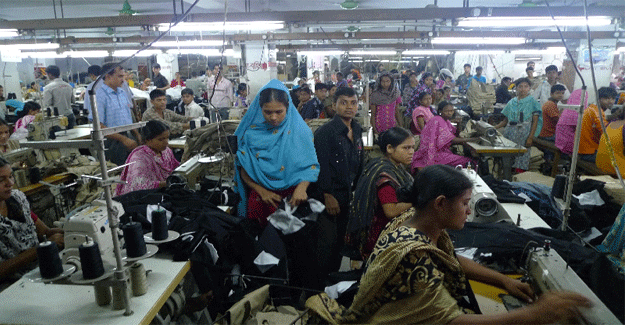Bangladesh Sustainability Compact Partners And ILO Review Progress Made In Working Conditions
Bangladesh Sustainability Compact Partners And ILO Review Progress Made In Working Conditions

Recently four governments across the globe including the government of the European Union met the International Labor Organization (ILO) to review the progress made on the ‘Bangladesh Sustainability Compact’ that was signed after the Rana Plaza factory disaster. The other three governments were that of Bangladesh, the host country, United States and Canada. The review subjects included extent of ground covered in improving worker rights, health and safety in Bangladesh.
The meeting took place on May 18, 2017 at Dhaka. It was the third major formal follow up to the officially signed Bangladesh Sustainability Compact that intends to redress grievances over working conditions. At the meeting where deliberations took place, observers opined that advances or progress have been made in some areas. However, more work remains to be done. Counting on the areas of progress made, the delegates at the meeting concluded that progress has been achieved in three areas, namely trade union registrations; improvements made by the agencies which inspect factories; and investments made to support worker safety in factory settings.
The group also cited areas where progress is yet to be made. These included, the urgent need to further address acts of discrimination against trade unionists, and effective investigation and prosecution of those responsible for unfair labor practices in a timely and transparent manner.
The group in its meeting with ILO also raise the issue of labor unrest in Ashulia in the previous year which had led to arrests and dismissals. The partners in the Bangladesh Sustainability Compact pointed out the urgent need for redressing the criminal complaints pending against the concerned social partners. “The due process of law has to be followed,” the y said.
On a concluding note, the group observed that, individuals working in an Export Processing Zone, (EPZ) should be conferred legal rights to freedom of association and collective bargaining. They noted that the legislation to this effect in the host country was still pending.



 textileexcellence
textileexcellence 







